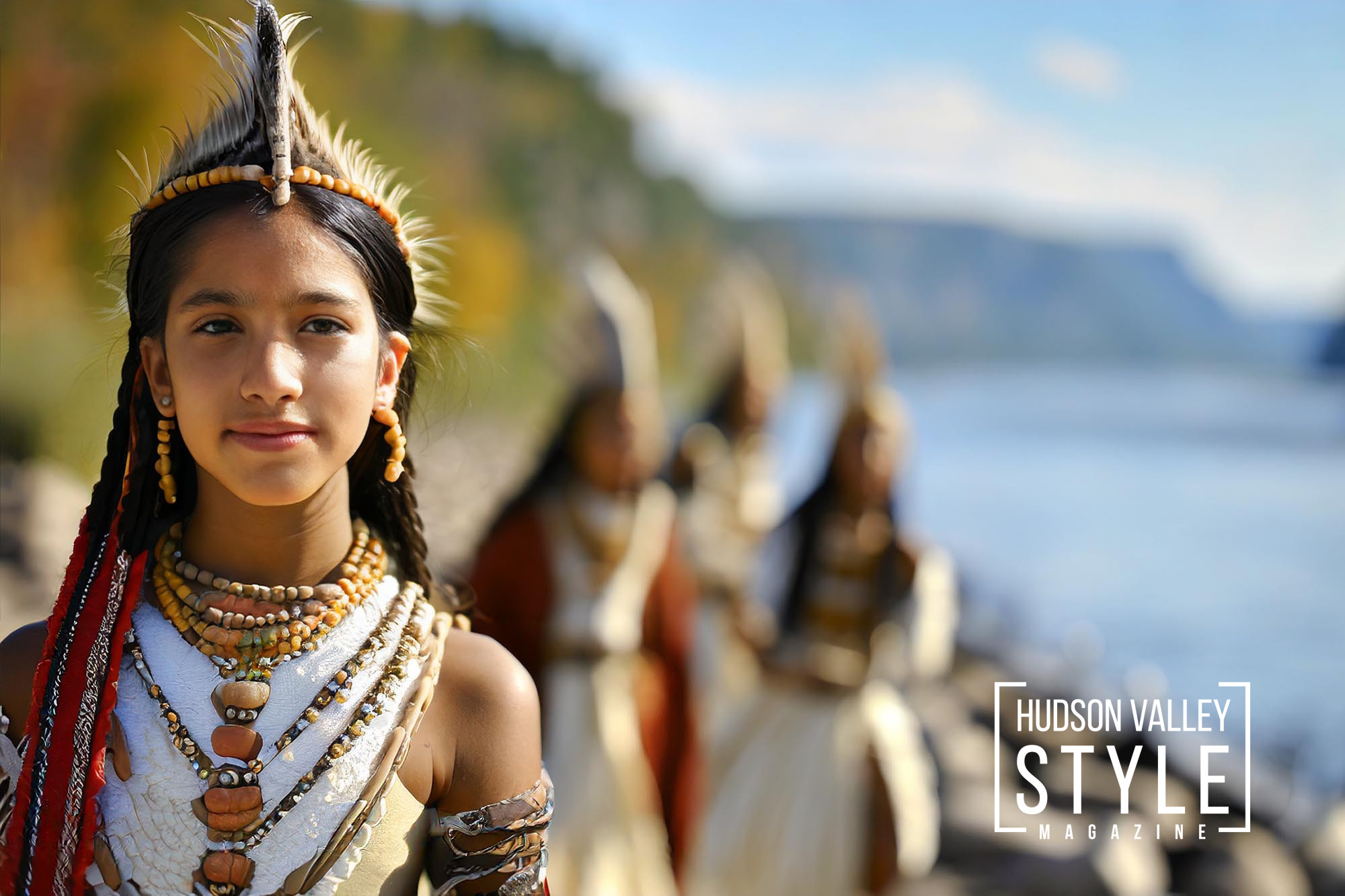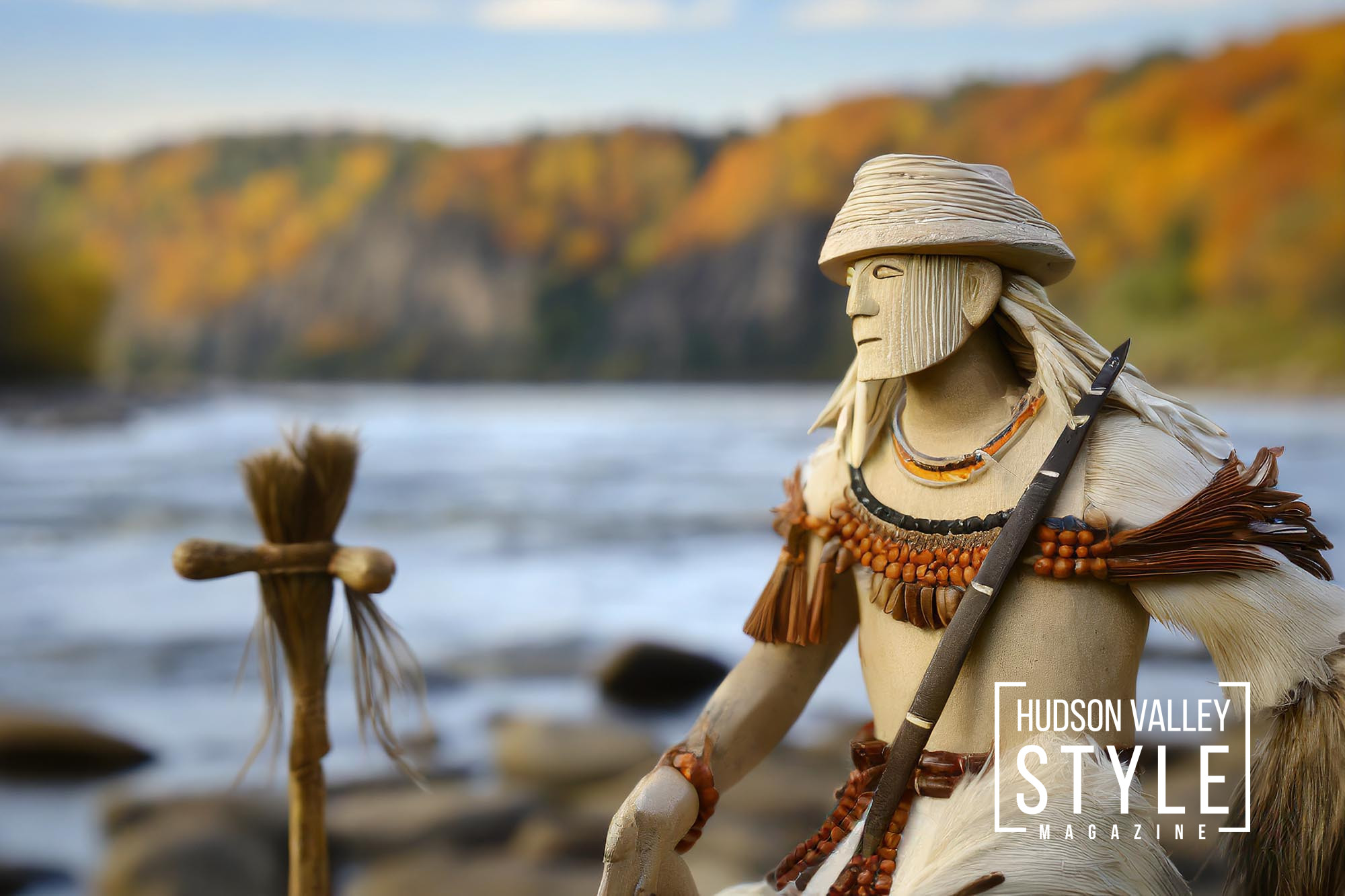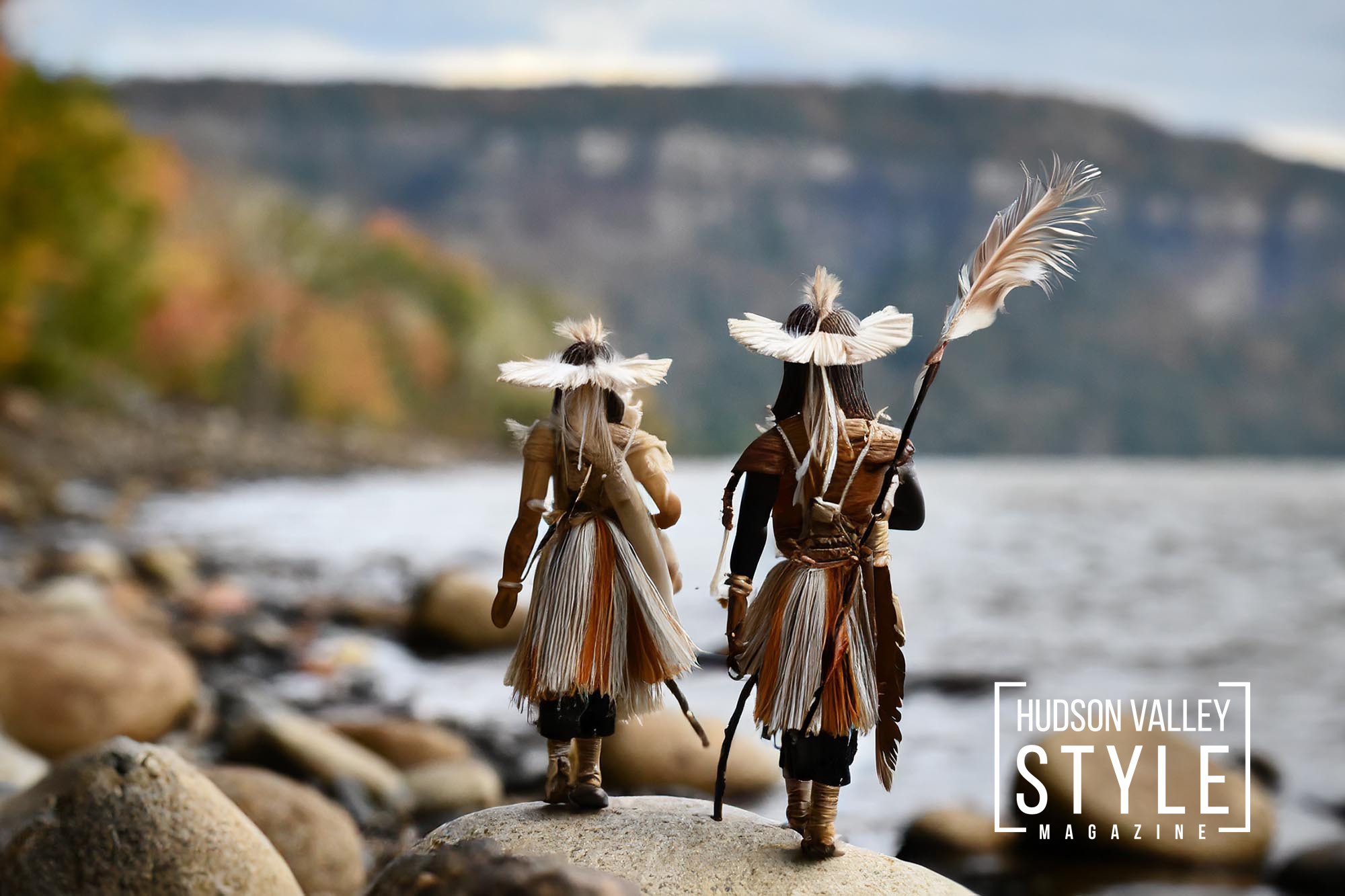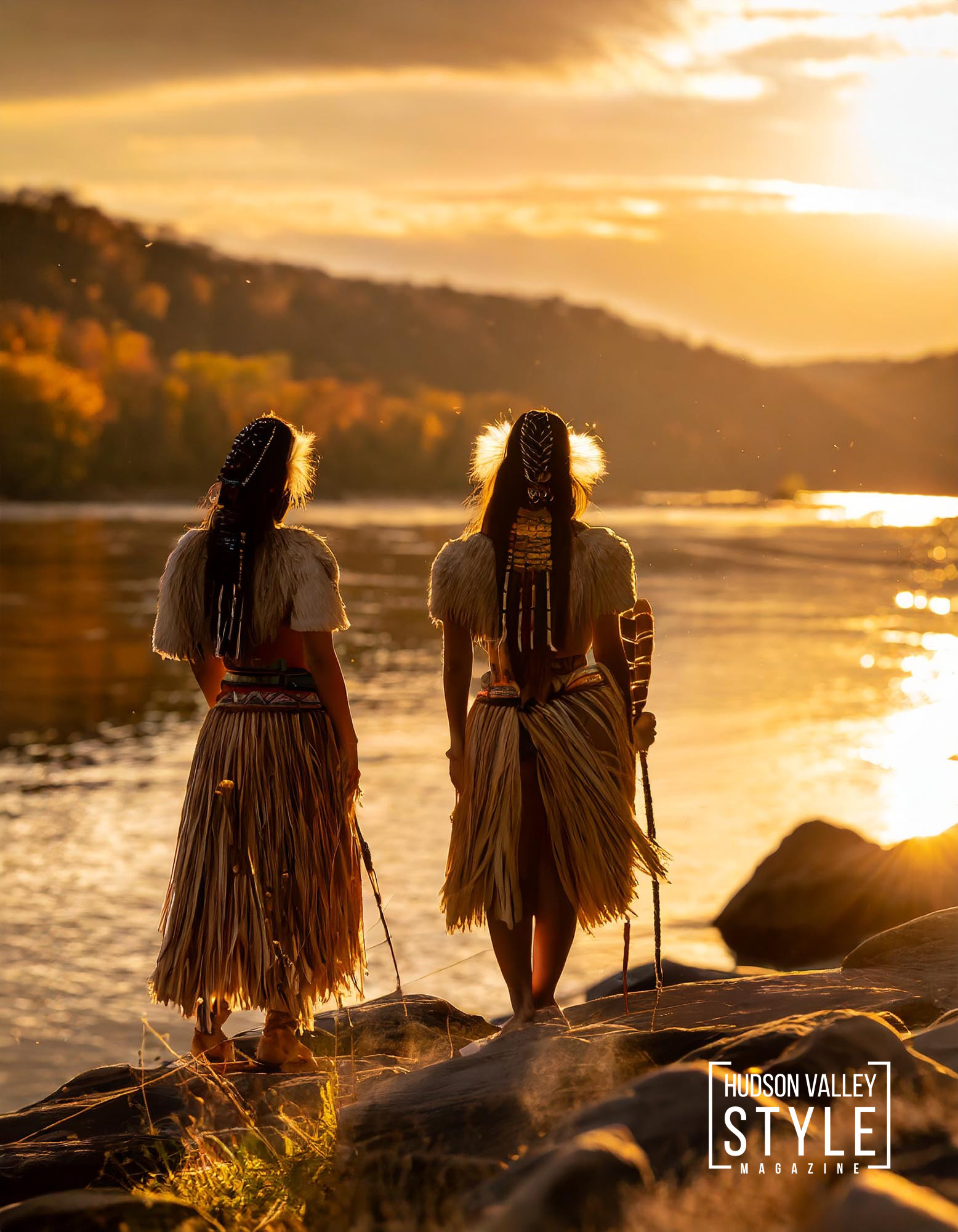As we approach Thanksgiving, a holiday deeply ingrained in American culture, it’s vital to pause and reflect on the narratives we choose to celebrate. In recent years, a growing awareness of the holiday’s historical context has sparked debate and introspection. At Hudson Valley Style Magazine, while we deeply value traditions that bring families together, we also believe in critically examining the origins and implications of these traditions.
Rethinking Thanksgiving: A Stand Against Celebrating Colonial Atrocities – by Maxwell Alexander, EIC, Hudson Valley Style Magazine

The Myth Versus Reality
The traditional Thanksgiving narrative portrays a harmonious feast between Pilgrims and Native Americans. However, this idealized story omits the brutal reality of European colonization — a history marked by violence, displacement, and the decimation of Native American populations. Thanksgiving, for many, symbolizes the onset of these atrocities rather than a moment of peaceful coexistence.

The Impact of Colonization
The arrival of European settlers in the Americas led to catastrophic consequences for Native Americans. Their populations were decimated by diseases brought by Europeans, against which they had no immunity. This period also saw violent land grabs, forced removals, and a systematic erosion of indigenous cultures and rights — a process that continued for centuries.

Cultural Sensitivity and Inclusivity
As an advocate for global equality and social responsibility, I believe that acknowledging the darker aspects of our history is crucial for healing and progress. Celebrating Thanksgiving without recognizing its historical context can be seen as an endorsement of these past injustices. It’s essential to educate ourselves and others about the full scope of American history, including the perspectives of those who suffered due to colonization.

Alternatives to Traditional Celebration
Rethinking Thanksgiving doesn’t necessarily mean abandoning the holiday. Instead, it can be an opportunity to create new traditions that honor the true history of the Americas and show respect for Native American cultures. This might involve:
- Educational Activities: Incorporating discussions or readings that highlight Native American history and current issues facing indigenous communities.
- Supporting Native American Causes: Donating to charities that support Native American rights, culture, and communities.
- Mindful Menus: Choosing foods that are ethically sourced and respectful of indigenous practices, or even incorporating Native American dishes as a sign of respect and acknowledgment.

In conclusion, as we strive for a more equitable and informed society, it’s essential to reassess the narratives we celebrate. Recognizing the complex history of Thanksgiving allows us to honor the past authentically and move forward with greater awareness and sensitivity. Let’s use this time not just for gratitude, but for learning, reflection, and a commitment to justice and inclusivity.






